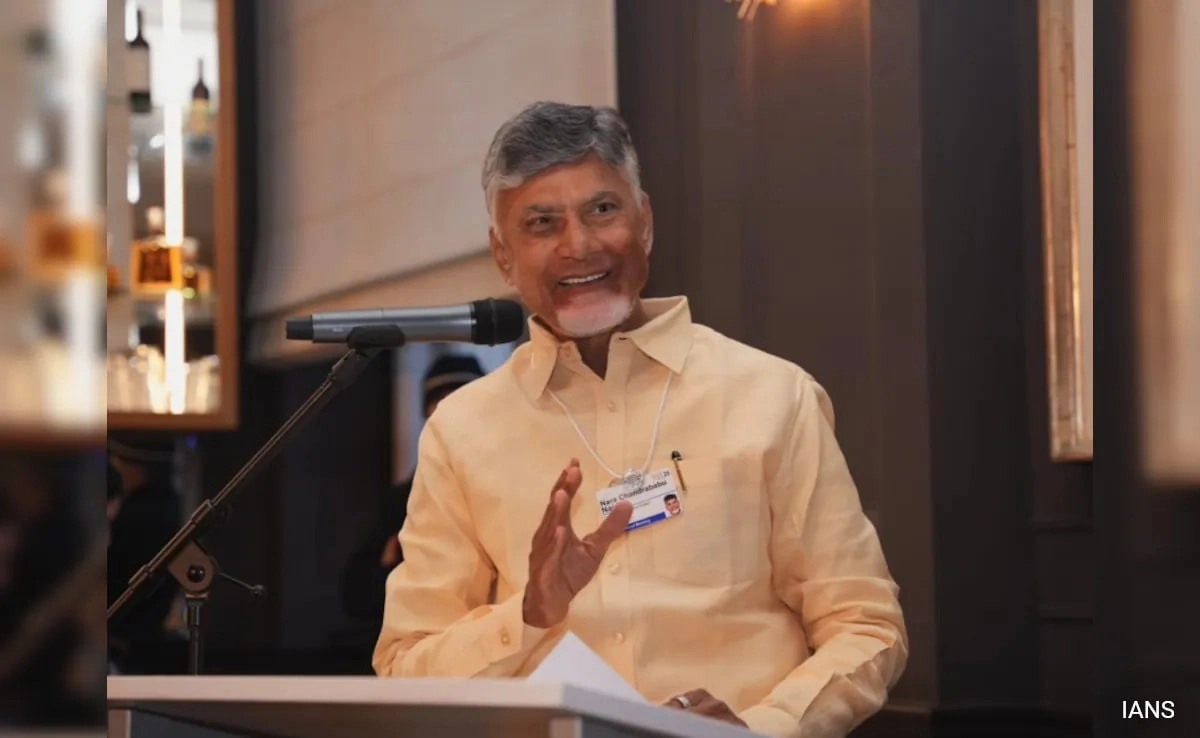South Korean President Lee Jae Myung is set to meet former U.S. President Donald Trump in a pivotal meeting that aims to address critical issues regarding trade and defense. The discussions come at a time when both nations are navigating complex international relations in the context of evolving geopolitical dynamics, particularly concerning North Korea’s nuclear ambitions and the broader implications for regional security. This meeting represents a significant opportunity for both leaders to reaffirm their commitment to the longstanding alliance between South Korea and the United States, which has been a cornerstone of stability in East Asia.
Trade relations between South Korea and the United States have been a focal point for both administrations. President Lee is keen on bolstering economic ties, especially in light of the challenges posed by global supply chain disruptions and competitive pressures from other nations. During the meeting, the two leaders are expected to explore avenues for enhancing bilateral trade agreements, addressing tariff concerns, and promoting cooperation in emerging sectors such as technology and green energy. The outcome of these discussions could have far-reaching implications for economic growth and job creation in both countries.
In addition to trade, the defense agenda will also be a critical topic of conversation. With North Korea continuing to develop its missile capabilities and engage in provocative actions, the need for a robust defense strategy is more pressing than ever. President Lee and Trump are likely to discuss the importance of maintaining a strong military presence on the Korean Peninsula and reinforcing joint military exercises to deter potential threats. This meeting could serve as a platform for both leaders to agree on a renewed commitment to defense cooperation, ensuring that the U.S.-South Korea alliance remains resilient in the face of evolving security challenges.
Overall, the upcoming meeting between President Lee Jae Myung and former President Trump is poised to be a significant event, not only for the bilateral relationship between South Korea and the United States but also for the broader geopolitical landscape in East Asia. By addressing trade and defense, the leaders aim to strengthen their partnership and navigate the complexities of international relations, thereby contributing to regional stability and prosperity. The outcome of this meeting will be closely watched by allies and adversaries alike, as it may set the tone for future interactions and policy decisions impacting the region.




